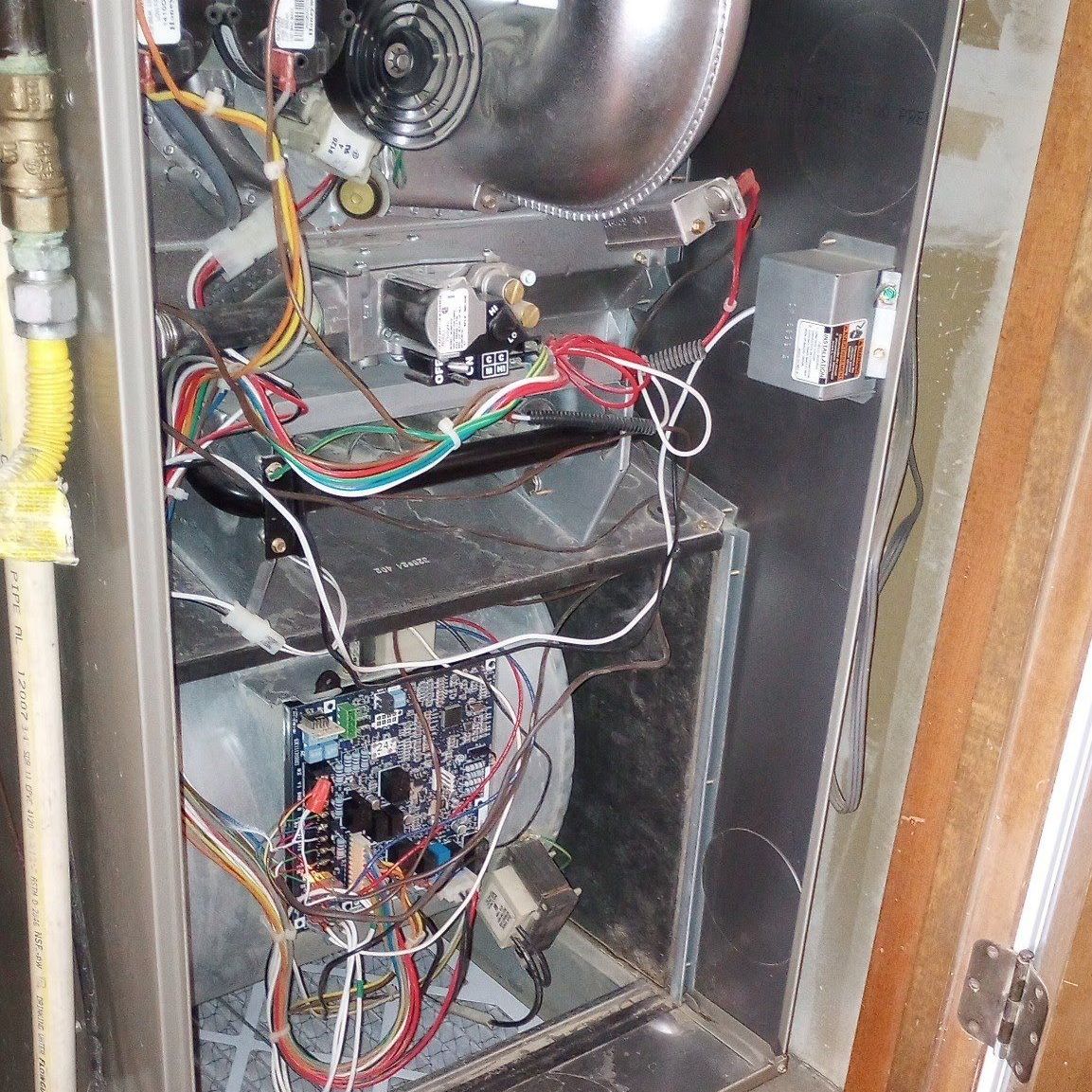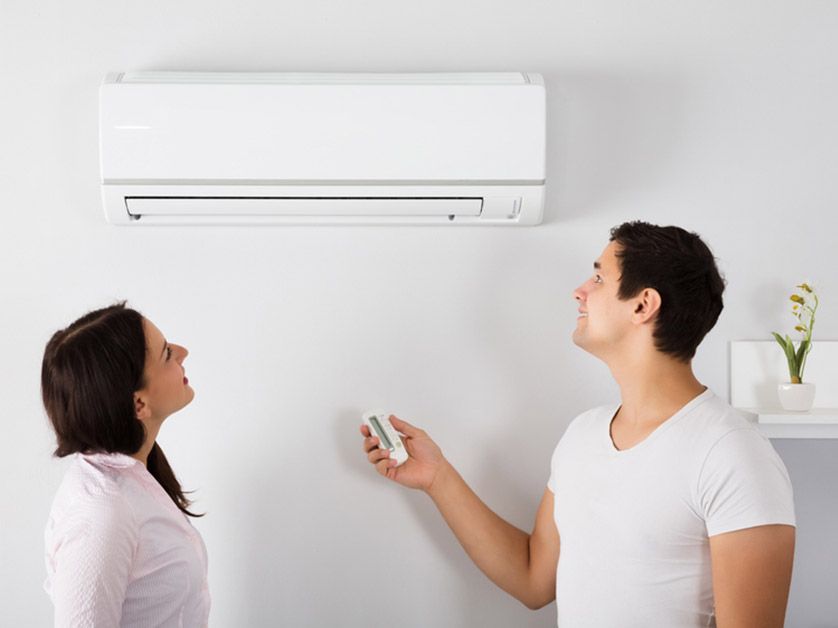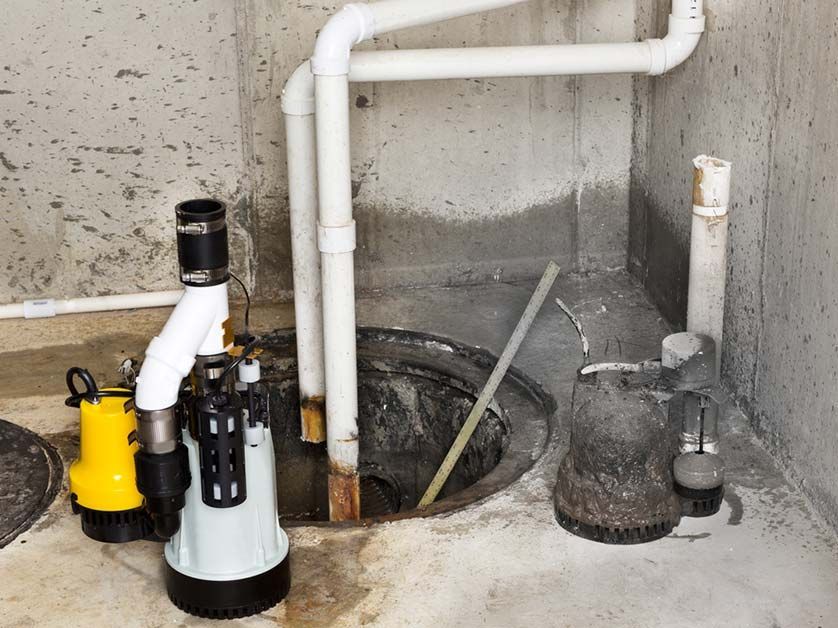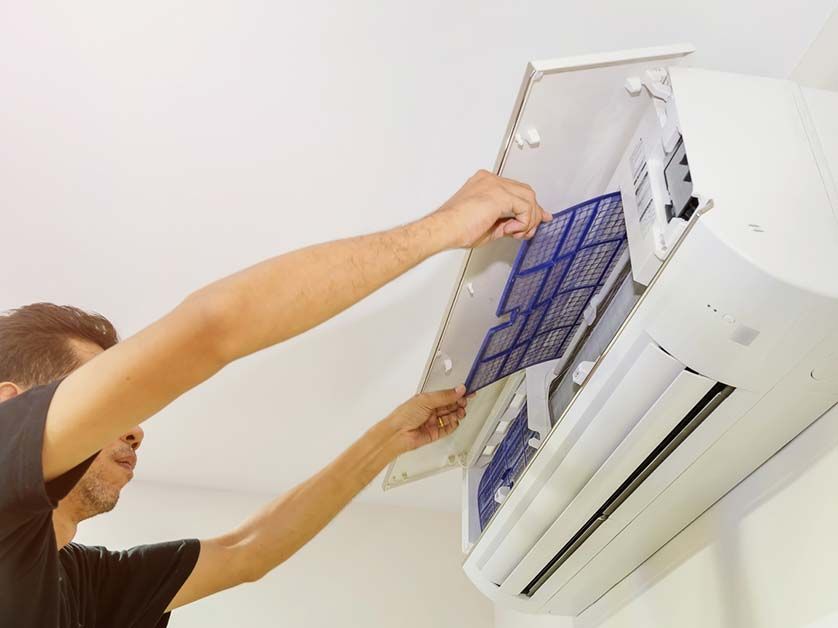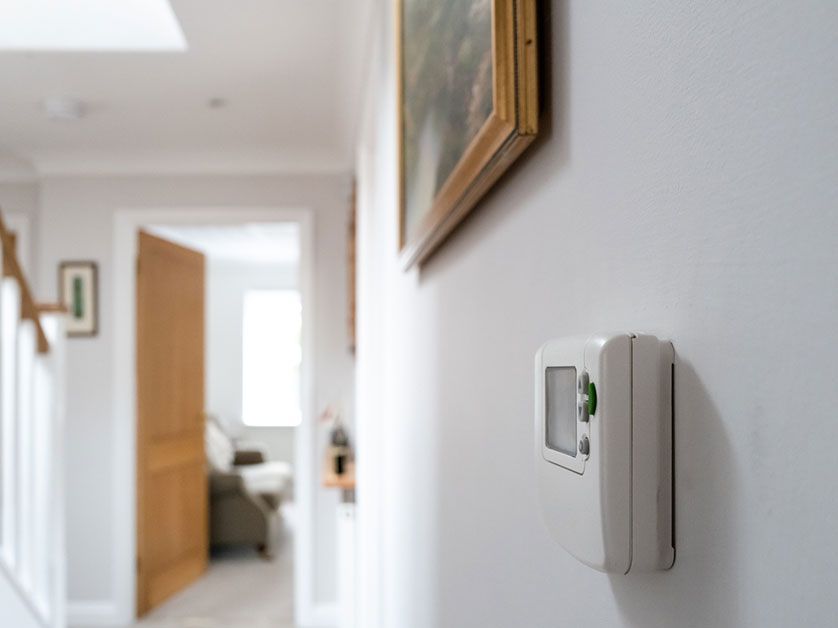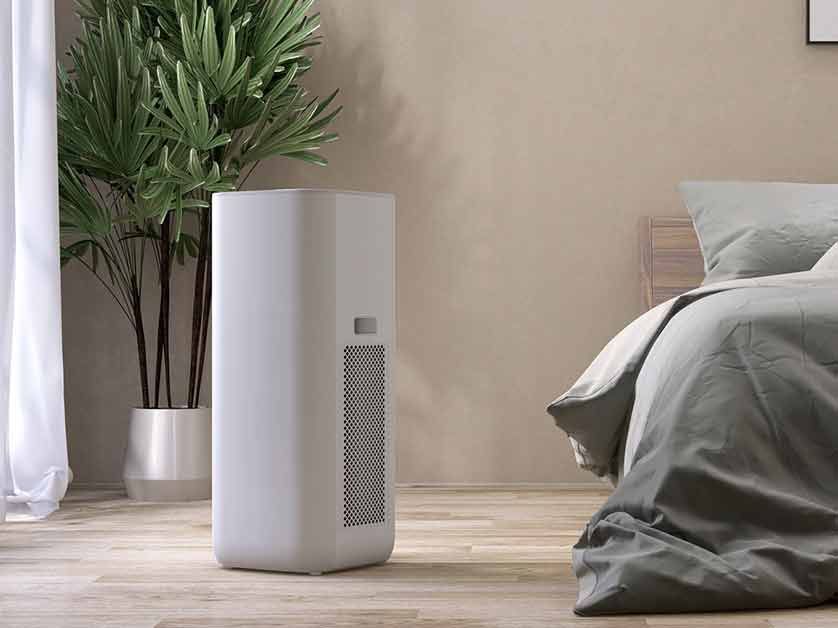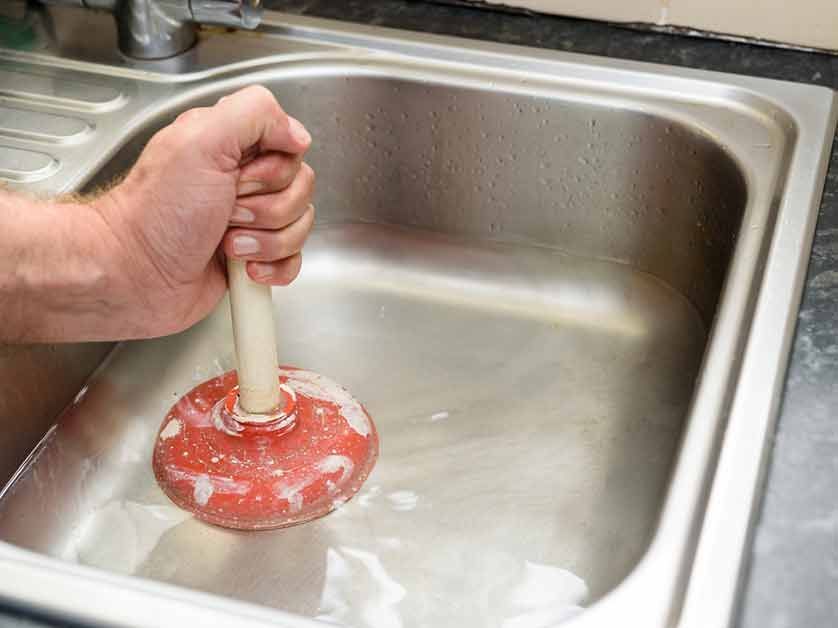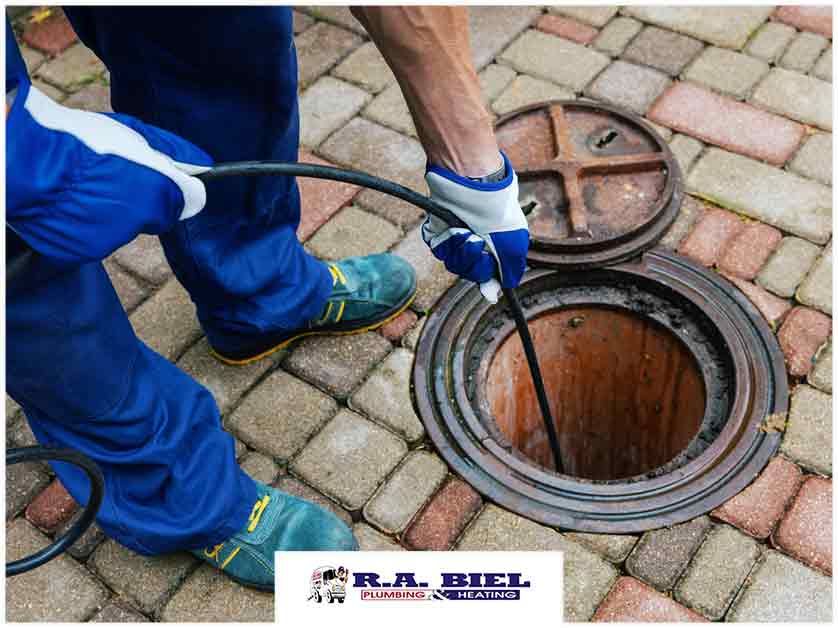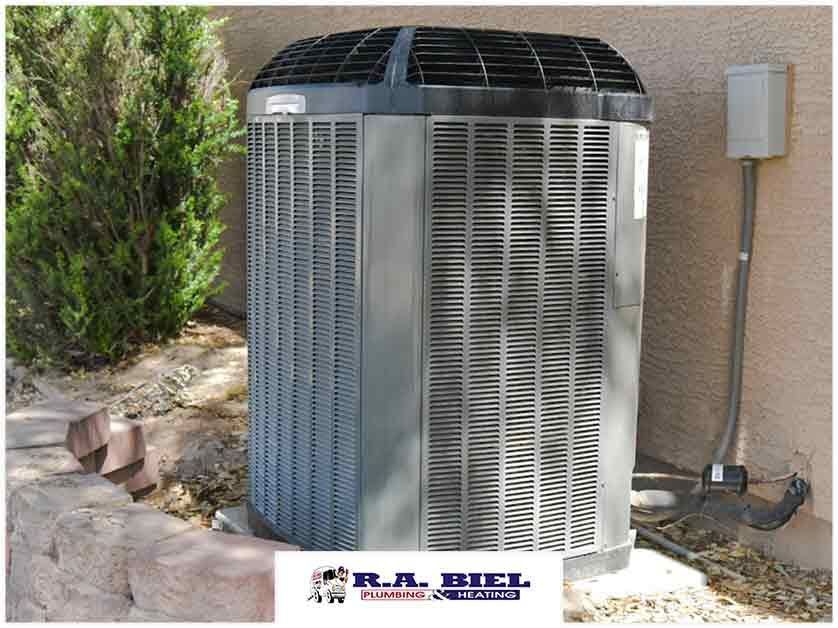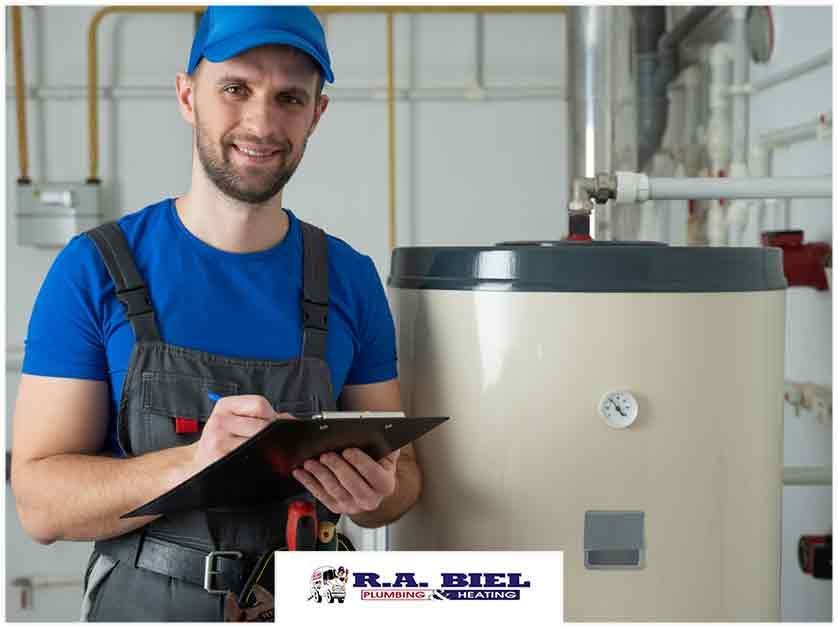SOS: My HVAC Filters Get Dirty Too Quickly
Are you constantly finding yourself with dirty HVAC filters, even after just changing them? Not only can this be frustrating, but it can also affect your system’s efficiency and your home’s air quality. In this blog post, we discuss the importance of clean filters and the common reasons why they might be getting dirty too quickly.
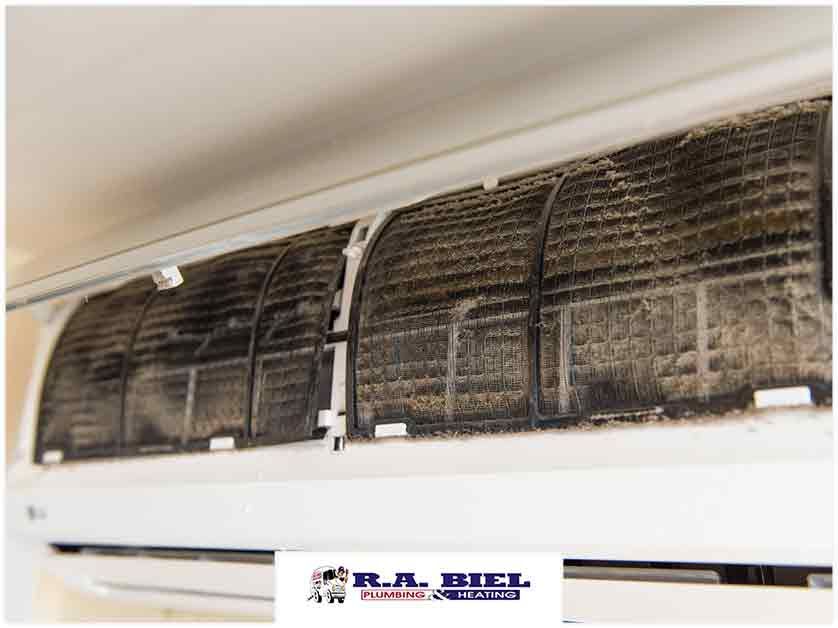
HVAC Filters: The Basics
Before we dive into the reasons behind your HVAC filters becoming dirty too quickly, let us first discuss the basics of these essential components. There are several types of filters available, including fiberglass, pleated, electrostatic and others. The type of filter you need depends on your HVAC system and the specific air quality requirements in your home.
As a general rule, it’s recommended to change your HVAC filters every 90 days or more frequently if you have allergies or pets or if there’s a smoker in your family. Some high-efficiency filters may last longer, but always check the manufacturer’s recommendation regular filter replacement. Some signs that your filter needs to be changed include visible dust and debris on the filter surface, reduced airflow, and increased allergy or asthma symptoms.
Causes of Dirty HVAC Filters
There are several factors that could contribute to your HVAC filters becoming dirty more quickly than usual. Here are some of the most common causes:
Excessive Dust and Debris in the Home
An increase in the amount of dust and debris in your home can cause your filters to become dirty more quickly. Some common sources include:
- Pets and pet dander – If you have furry friends in your home, their fur and dander can quickly accumulate on your filters, leading to decreased efficiency and more frequent changes.
- Indoor smoking – Smoke particles and residue can build up on your filters, causing them to become dirty and less efficient.
- H ome renovations or construction – Dust and debris from construction projects can quickly clog your filters, leading to decreased air quality and increased filter changes.
Poor Air Circulation
Restricted airflow in your home can cause your filters to become dirty more quickly. This can happen if:
- Vents are blocked or closed – Ensure that all of your supply and return vents are open and unobstructed to promote proper airflow.
- Return air ducts are blocked – Check your return air ducts for any obstructions that may be restricting airflow.
Incorrect Filter Size or Type
Using the wrong filter for your HVAC system can lead to faster dirt buildup and reduced efficiency.
- Gaps around the filter allowing unfiltered air to pass through – Ensure that your filter fits snugly within your HVAC unit without any gaps around the edges.
- Filters not designed for your specific HVAC system – Check your system’s manual or consult a professional technician to determine the appropriate filter type and size for your unit.
Inadequate or Infrequent Filter Changes
If you’re not changing your filters as often as recommended by the manufacturer, they’ll get dirty more quickly. Stay on top of filter replacement to prolong their lifespan and maintain system efficiency.
Air Duct Cleaning
Clean air ducts play a vital role in the longevity of your HVAC filters and the overall efficiency of your system. When your ducts are clogged with dust and debris, your filters have to work harder to keep the air clean, leading to more frequent replacement. Signs that your air ducts may need cleaning include:
- Visible dust or debris around air vents
- Musty odors coming from supply or return vents
- An increase in allergy symptoms
- Persistent dust and dirt within your home, even after cleaning
Professional air duct cleaning can help remove buildup and improve your system’s efficiency, reducing the burden on your filters and extending their lifespan.
HVAC Maintenance
Regular HVAC maintenance is crucial for keeping your system running efficiently and prolonging the life of your filters. Some maintenance tasks for homeowners include changing air filters, cleaning the supply and return vents, and checking for any visible problems with the system.
Professional HVAC maintenance goes beyond these basic tasks, though. Among other things, it includes a thorough inspection of your entire system and addressing any issues that may be affecting its performance. It’s recommended to have professional maintenance scheduled at least once a year or more frequently if you have an older system or use your HVAC system daily.
When to Seek HVAC Repair
If you’re still experiencing issues with dirty filters despite proper maintenance and air duct cleaning, it may be time to seek professional HVAC repair. Persistent problems could indicate an underlying issue with your system that needs to be addressed. Signs of system malfunction or inefficiency include:
- Inconsistent temperatures throughout your home
- Unusual noises or odors from the system
- Rapid cycling (system turning on and off frequently)
Timely HVAC repair can help prevent further damage to your system and costly replacements in the future.
Finding a Good HVAC Repair Service
It’s important to find a reliable HVAC repair service when dealing with any issues related to your system. Look for a reputable company with experience in the services you need, as well as good customer service and reviews. Ask your family and friends if they have any recommendations, or search online for qualified HVAC contractors in your area.
Keeping your HVAC filters clean is crucial for maintaining your system’s efficiency and the air quality within your home. By addressing any issues that may be causing your filters to become dirty too quickly, you can save money on energy bills and ensure a comfortable living environment.
If you’re unsure what’s causing your dirty filters or if you need help with air duct cleaning and other HVAC-related concerns, don’t hesitate to reach out to experts. Contact R.A. Biel Plumbing and Heating in Farmington, NM, at (505) 327-7755 or visit our contact page for assistance with your HVAC needs.
The post SOS: My HVAC Filters Get Dirty Too Quickly appeared first on R.A. Biel Plumbing & Heating, Inc..

